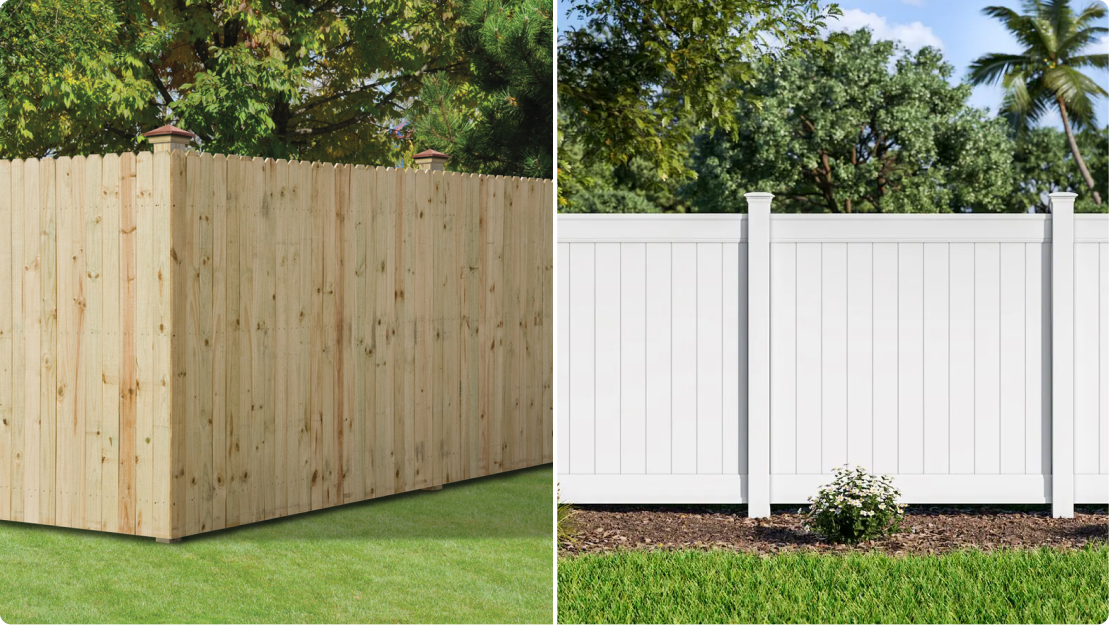How to turn your garden into a carbon sink
But trees are much from the only plants that can assist offset your garden’s carbon footprint. Indigenous grasses have intensive root methods – achieving more than 2ft into the ground – and act as reservoirs for carbon, which transfers into the soil when the roots die and decompose.
Woody shrubs, this kind of as spindle and sweet briar and herbs like rosemary and thyme, can assistance strengthen your garden’s carbon shares, Nex suggests in her e book.
If you’re established on sprucing up your backyard with vibrant crops, it truly is very best to steer crystal clear of yearly flowers which have to have to be dug up each calendar year – releasing locked-in carbon in the method – and decide for hardy perennials in its place, this kind of as peonies and sunflowers, says Nex.
Planting hedges is yet another worthwhile financial commitment. A perfectly-developed hedge, prosperous in biomass, helps suck carbon out of the ambiance and into plants and soil. Just one research found that hedgerows retail store very similar amounts of carbon to woodland. Hedges also harbour wealthy biodiversity and are teeming with wildlife. A British ecologist who monitored an previous hedgerow near his property in Devon counted a amazing 2,070 species, ranging from pollinators to lizards and mammals, viewing or residing there.
Ponds could also participate in an significant job in gardens’ fight in opposition to climate alter. A single analyze of tiny, lowland ponds in north-east England found that they saved a great deal greater charges of carbon (79 to 247g per square metre per yr) when compared to bordering woodland or grassland (2-5g).
Nonetheless, not all ponds act as carbon sinks. A US review discovered that gentleman-produced ponds amassing stormwater run-off in Florida emit much more carbon than they shop in their mucky sediment.
“That locating implies some ponds are undertaking us an ecosystem ‘disservice,'” Mary Lusk, the study’s co-creator and assistant professor of drinking water and soil sciences at the College of Florida, mentioned when the analyze was printed. “Our results suggest that when they’re new, [the ponds] emit massive proportions of carbon from the landscape.”
Ponds can also emit significant amounts of powerful methane into the environment. Just one analyze by the University of Exeter concluded that ponds more compact than one particular square metre are accountable for releasing all over 40% of all methane emissions from inland waters.
However, not all environmental positive aspects are about carbon – and ponds occur with numerous other rewards, these kinds of as boosting biodiversity. In simple fact, some charities say that introducing a pond to your backyard garden is one particular of the ideal matters you can do for wildlife (extra on this later on in the collection).
“If you are disturbing the sludge at the bottom of the pond, your pond will launch additional methane than it will soak up carbon,” says Nex. To retain the noxious gas contained, Nex suggests eliminating lifeless foliage from your pond surface area as rotting debris will give off methane and netting it in the autumn.
Gardeners who adopt small-carbon tactics will be rewarded with flourishing biodiversity and borders brimming with lush crops.
“My crops now improve so considerably much better. It is really extremely flattering to me as I’m not doing really a great deal!” says Nex. “It has genuinely improved the physical appearance of my backyard garden – it’s quite breath-using really.”
—
Be part of one million Foreseeable future admirers by liking us on Fb, or follow us on Twitter or Instagram.
If you preferred this tale, indication up for the weekly bbc.com attributes e-newsletter, named “The Important Checklist” – a handpicked variety of stories from BBC Long term, Culture, Worklife, Vacation and Reel delivered to your inbox each and every Friday.








